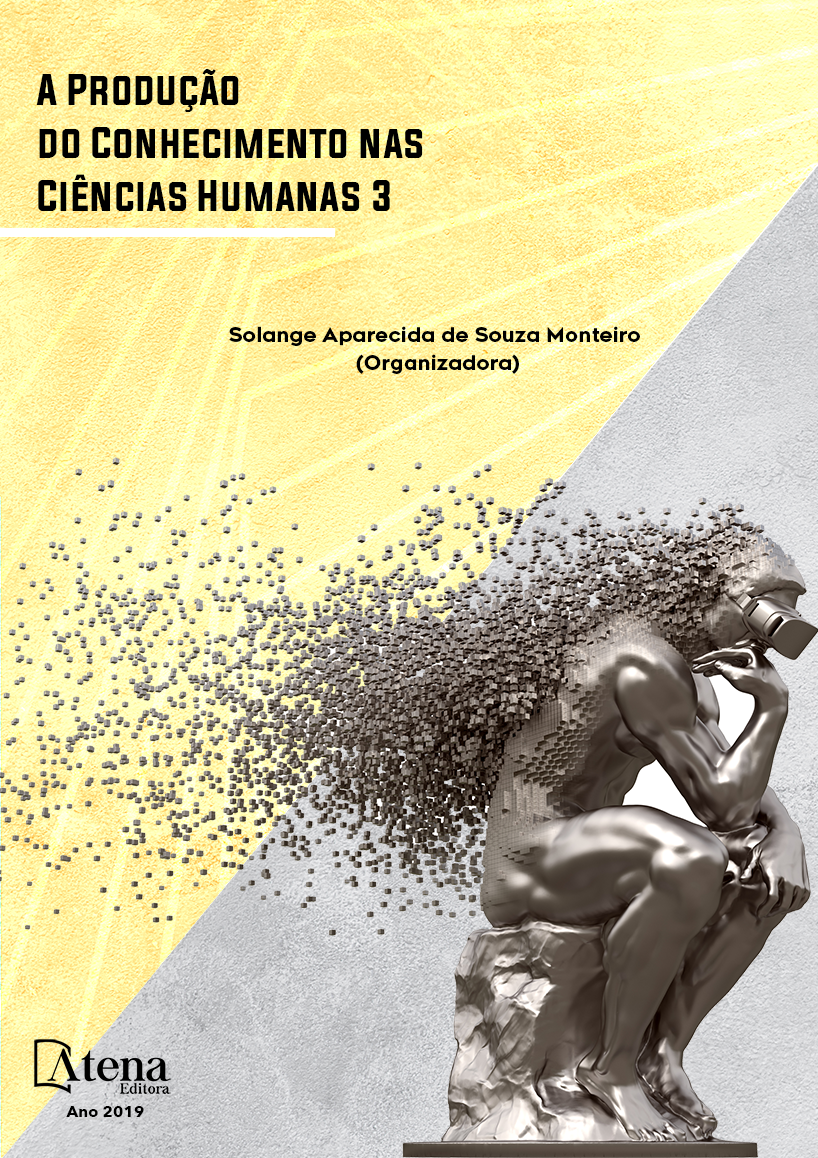
VERDADE, VEROSSIMILHANÇA E PROGRESSO CIENTÍFICO EM POPPER
Este artigo objetiva um estudo sobre
como Karl Popper eleva seu engenho teórico de
“Progresso Científico”, tendo como premissa a
ideia de “Verdade” e “verossimilhança”. Popper
afirma que, a Verdade deverá sempre ser, uma
Verdade nova, com conteúdo, interessante
e que, informe mais acerca da realidade e do
Cosmos – Verdade essa em sentido negativo
–, factual e plausível de falseabilidade –, nestes
termos, verossímil; verossímil em face de
condicionantes limitadora humana, a saber: 1 –
a falibilidade; 2 – a metodologia; 3 – a decisão.
Outra noção importante adotada por Popper,
é a de progresso científico que, segundo ele,
decorre de um processo de tentativa e erro, que
chama de falsificacionismo. Para reforçar seu
entendimento acerca de como o conhecimento
progride, Popper adota uma concepção
pluralista de mundo, na relação corpo-mente,
como ele mesmo se refere, muito mais em
oposição as ideias dualistas de Descartes.
VERDADE, VEROSSIMILHANÇA E PROGRESSO CIENTÍFICO EM POPPER
-
DOI: 10.22533/at.ed.77719240415
-
Palavras-chave: Karl Popper – Progresso científico – Verdade – Verossimilhança –Corroboração.
-
Keywords: Karl Popper – Scientific progress - Truth - Likelihood - Corroboration.
-
Abstract:
This article aims at a study about
how Karl Popper elevates his theoretical
ingenuity of “Scientific Progress”, having as
premise the idea of “Truth” and “verisimilitude”.
Popper affirms that the Truth must always be
a new Truth, with content, interesting and that,
informing more about reality and the Cosmos
- Truth that in a negative sense, factual and
plausible of falsifiability - in these terms,
credible; Verisimilar in the face of limiting
human constraints, namely: 1 - fallibility; 2 -
the methodology; 3 - the decision. Another
important notion adopted by Popper is the one of
scientific progress that, according to him, stems
from a process of trial and error, which he calls
falsificationism. To reinforce his understanding
of how knowledge progresses Popper adopts a
pluralistic conception of the world, in the relation
body-mind, as he himself refers, much more in
opposition to the dualistic idea of Descartes.
-
Número de páginas: 15
- Sebastião Maia de Andrade
- Aristides Moreira Filho


